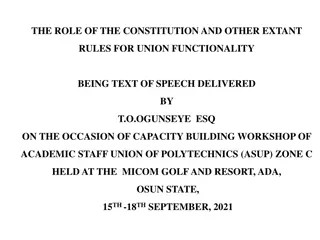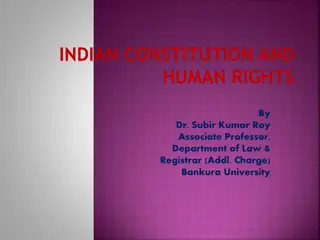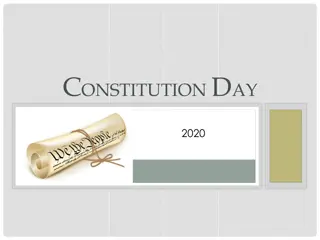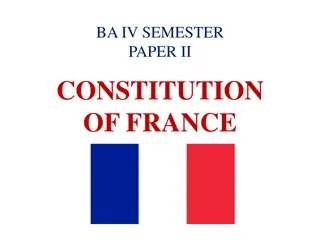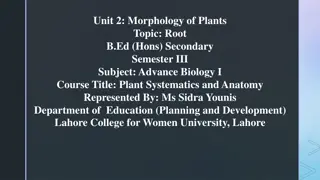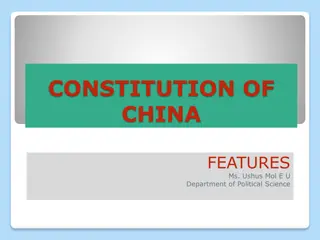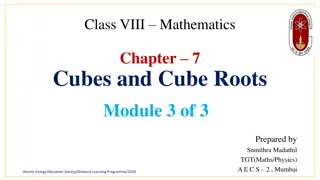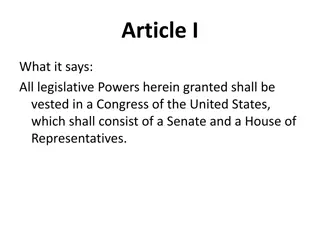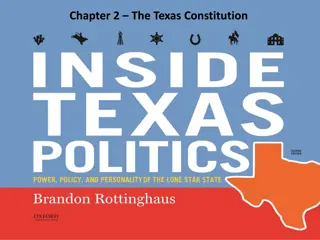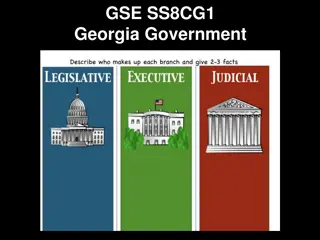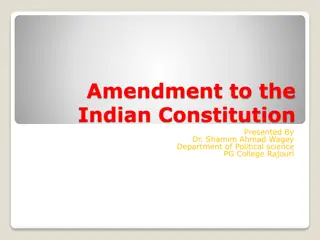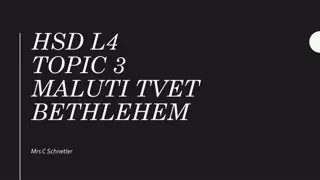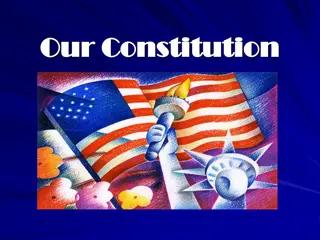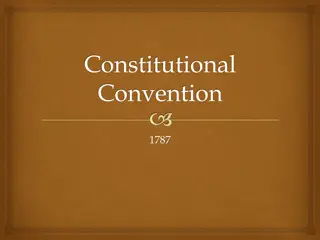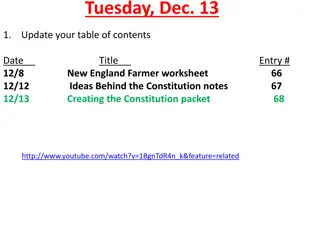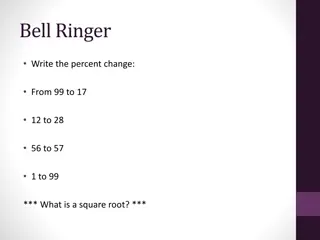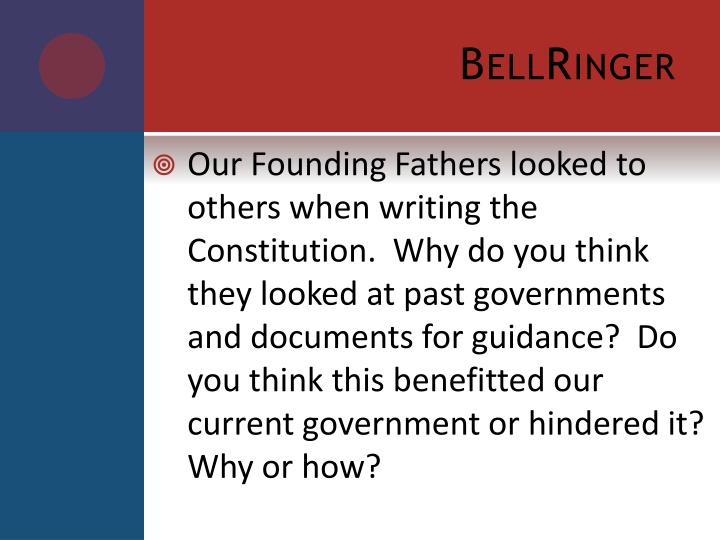
Founding Inspiration: Looking Back for a Stronger Future
The Founding Fathers of the United States sought guidance from past governments and documents, drawing insights from European political institutions, Enlightenment philosophers like John Locke and Baron de Montesquieu, and historical precedents such as the Magna Carta and English Bill of Rights. This reflective approach influenced the structure of the Constitution, promoting principles like limited government, natural rights, separation of powers, and checks and balances. Exploring why they turned to these sources provides valuable insights into the foundations of our current government.
Download Presentation

Please find below an Image/Link to download the presentation.
The content on the website is provided AS IS for your information and personal use only. It may not be sold, licensed, or shared on other websites without obtaining consent from the author. If you encounter any issues during the download, it is possible that the publisher has removed the file from their server.
You are allowed to download the files provided on this website for personal or commercial use, subject to the condition that they are used lawfully. All files are the property of their respective owners.
The content on the website is provided AS IS for your information and personal use only. It may not be sold, licensed, or shared on other websites without obtaining consent from the author.
E N D
Presentation Transcript
BELLRINGER Our Founding Fathers looked to others when writing the Constitution. Why do you think they looked at past governments and documents for guidance? Do you think this benefitted our current government or hindered it? Why or how?
THE ENLIGHTENMENT Framers of the Constitution had studied gov t, history, & politics Many ideas in the Constitution came from the study of European political institutions & political writers British system of gov t & British ideas & institutions influenced the framers of the Constitution Framers took ideas about government from European writers of the Enlightenment Promoted knowledge, reason, & science as the way to improve society
THE ENLIGHTENMENT PHILOSOPHERS John Locke (English philosopher)-all people have natural rights, including life, liberty, & property; gov t is an agreement between the people & the ruler Declaration of Independence includes our Unalienable Rights- Life, Liberty, and the Pursuit of Happiness Constitution was a contract between the American people & their gov t, & it protected the people s natural rights by limiting the power of the gov t French writer Baron de Montesquieu-separation & balance of powers should exist; powers of gov t should be clearly defined & limited Framers provided for a separation of powers; provided for a system of checks & balances to make sure that no one part would gain too much power
MAGNA CARTA (1215) Was the first English document to limit absolute power of the king and grant rights to freemen. Created rule by law rather than rule by men Meaning that there were laws that even the king could not break Set a precedent for rights guaranteed by the Constitution Where we got the ideas of: Limited Government No new taxes unless approved by Congress Trial by jury
ENGLISH BILL OF RIGHTS (1689) England s rulers agreed not to have a standing army or impose new taxes without the permission of Parliament States rights of individual citizens: Guaranteed trial by jury, the right to petition, freedom of speech, and other personal freedoms Served as a model for the U.S. Bill of Rights
MAYFLOWER COMPACT (1620) Social contract signed by the Pilgrims Established representative form of self-government in the colony Also agreed that they would follow the laws of the colonial government Created a model for the rule of law and representative government. Influenced Constitution people can rule themselves
DECLARATION OF INDEPENDENCE (1776) Grievances listed in the Declaration were regarding violations of rights committed by King George III All grievances were addressed in Constitution Many of the provisions of the Constitution and the Bill of Rights were included to prevent a repetition of similar abuses of power
THE FEDERALISTS PAPERS Federalists supported the Constitution Included: George Washington, Ben Franklin, James Madison, Alexander Hamilton, & John Jay Madison, Hamilton, & Jay wrote the Federalist Papers, a collection of essays explaining & defending the Constitution Series of 85 essays to persuade the states to ratify the Constitution Helped explain how the new republican system of government worked Federalists feared disorder without a strong federal gov t
ANTIFEDERALISTS WRITINGS Antifederalists opposed ratification Included: Samuel Adams, George Mason, and Patrick Henry Wrote a series of essays known as the Antifederalists Papers Believed that the new Constitution would take away peoples liberties, create a strong central government, & ignore the will of the states & the people Wanted a bill of rights Worried gov t would be run by a small educated group of people


